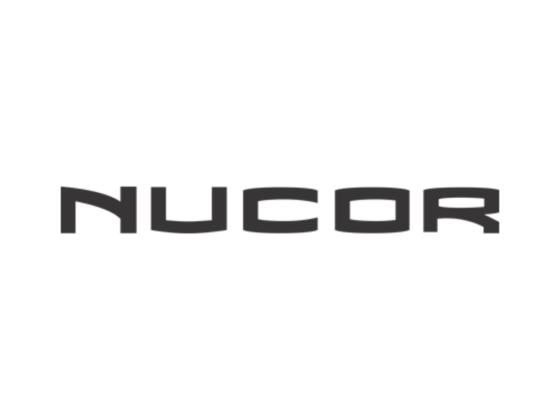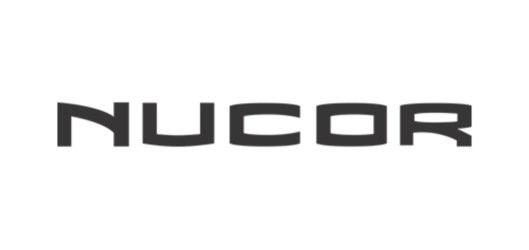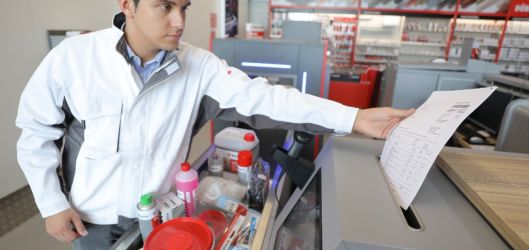
Nucor Corporation have announced its comprehensive greenhouse gas (GHG) emissions reduction strategies in a bid to lower its GHG emissions intensity of steel mills to 77% less than the global average.
Nucor is committed to an additional 35% combined reduction in the Scope 1 and Scope 2 GHG emissions intensity of its steel mills by 2030. This commitment will be measured against a 2015 baseline, the year the Paris Climate Agreement was adopted. Currently, the groups GHG emissions are just 0.47 tons of CO2 per ton of steel compared to a global average of 1.69 and an integrated steelmaking average of 2.15. By 2030, Nucor's steel mill GHG emission intensity will be 0.38 tons of CO2 per ton of steel.
Leon Topalian, President & Chief Executive Officer said: "The green economy is being built on steel. As an electric arc furnace (EAF) steelmaker and North America's largest recycler, Nucor is already a world leader in sustainable steel. Our GHG intensity is less than one-third the world average, but we are committed to going further. Steel will continue to be an essential material for our nation's economy, and Nucor is proving that it can be produced in a sustainable way to help the world meet its climate goals."
By producing 100 percent of its steel in recycled scrap-based EAFs, Nucor already produces steel with less than half the GHG emissions per ton when measured against the Paris Climate Agreement's most aggressive 2030 GHG intensity targets established by the Transition Pathways Initiative (TPI) for the steel sector.
The group is adopting a multi-pronged approach to reducing its steel mill GHG emissions. By actively supporting the development of new renewable energy sources, Nucor is helping to accelerate the transition of the domestic power grid to a more sustainable, lower carbon future. Last year, it was the 7th largest corporate buyer of renewable energy in the United States. As part of this transition, the group will also implement new energy efficiency projects, pursue carbon capture and storage, and explore ways to further reduce the greenhouse gas emissions associated with its raw materials mix.
Additionally, Nucor's plate steel mill in Brandenburg, Kentucky, will be one of only a few mills in the world capable of supporting the offshore wind market's towers and foundations.
"For more than 50 years, Nucor has been built on a sustainable model of recycling steel to produce new steel and steel products, and we continue to push recycled steel into products where it was never considered viable," said Topalian. "While most of the world still relies on higher-emitting technologies of the past, we are continuing to lead the way with steel as a building block for a modern, greener economy."
Are you in the fastener, tool, fixing or related industries? You can subscribe to Torque Magazine or sign up to our weekly newsletter.



